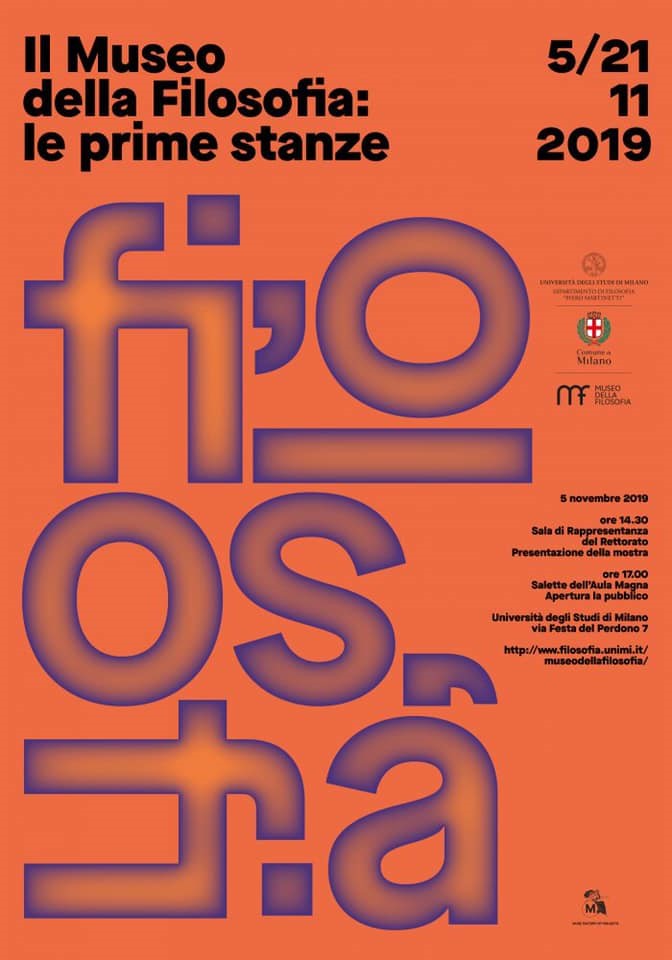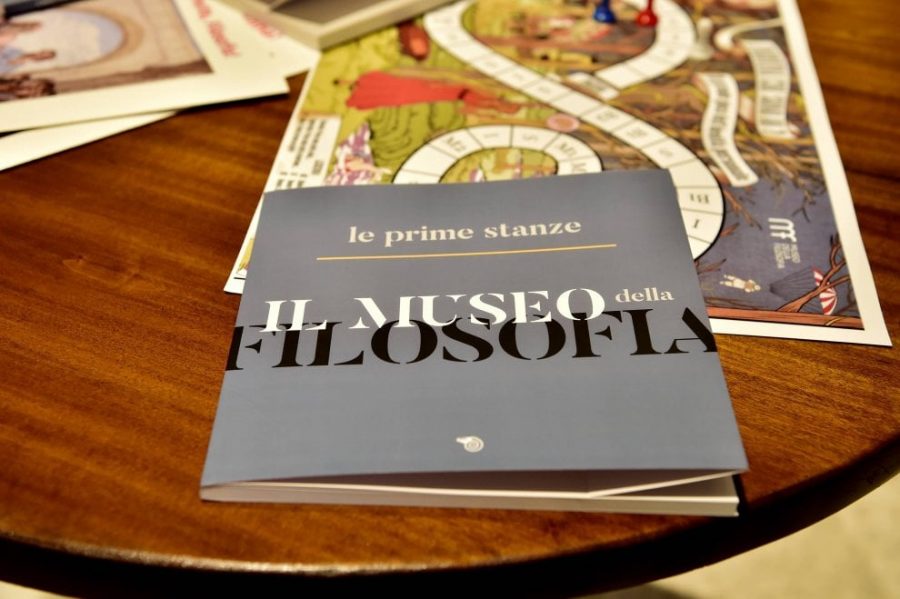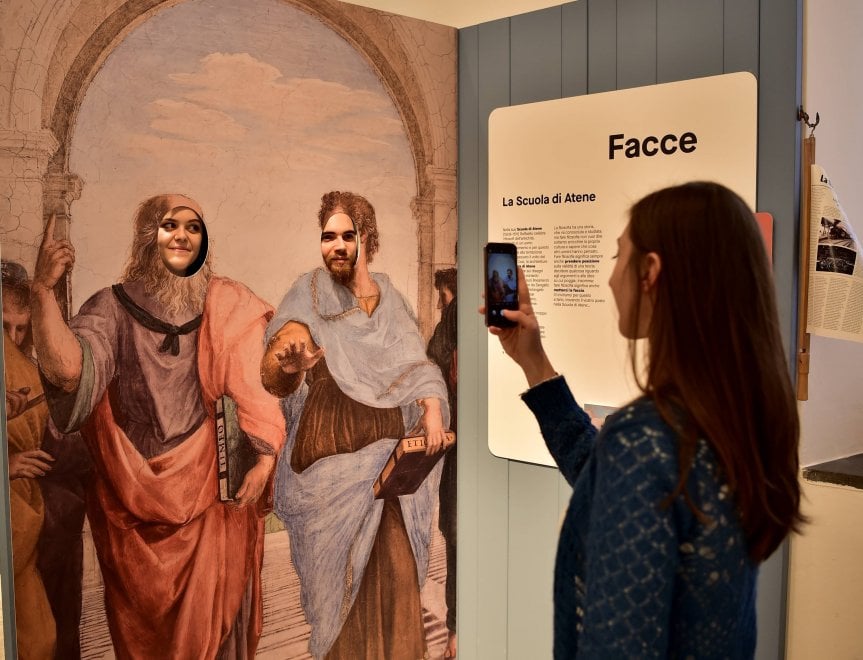You’ve almost certainly been to more art museums than you can remember, and more than likely to a few museums of natural history, science, and technology as well. But think hard: have you ever set foot inside a museum of philosophy? Not just an exhibition dealing with philosophers or philosophical concepts, but a single institution dedicated wholly to putting the practice of philosophy itself on display. Your answer can approach a yes only if you spent time in Milan last November, and more specifically at the University of Milan, in whose halls the Museo della Filosofia set up shop and proved its surprisingly untested — and surprisingly successful — concept.

“What we had in mind was not an historically-minded museum collecting relics about the lives and works of important philosophers, but something more dynamic and interactive,” writes University of Milan postdoctoral research fellow Anna Ichino at Daily Nous, “where philosophical problems and theories become intuitively accessible through a variety of games, activities, experiments, aesthetic experiences, and other such things.”
In the first hall, “we used images like Mary Midgely’s ‘conceptual plumbing’ or Wittgenstein’s ‘fly bottle’ to convey the idea according to which philosophical problems are in important respects conceptual problems, which amount to analyzing concepts that we commonly use in unreflective ways.”

In the second hall, visitors to the Museo della Filosofia “could literally play with paradoxes and thought experiments in order to appreciate their heuristic role in philosophical inquiry.” The experiences available there ranged from using an oversized deck of cards to “solve” paradoxes, the perhaps inevitable demonstration of the well-known “trolley problem” using a model railroad set, and — most harrowing of all — the chance to “eat chocolates shaped as cat excrement” straight from the litter box. Then came the “School of Athens” game, “in which visitors had to decide whether to back Plato or Aristotle; then they could also take a souvenir picture portraying themselves in the shoes (and face!) of one or the other.”

In the third, “programmatic” hall, the museum’s organizers “presented the plan for what still needs to be done,” a to-do list that includes finding a permanent home. Before it does so, you can have a look at the project’s web site as well as its pages on Facebook and Instagram. At the top of the post appears a short video introducing the Museo della Filosofia which, like the rest of the materials, is for the moment in Italian only, but it nevertheless gets across even to non-Italian-speakers a certain idea of the experience a philosophical museum can deliver. Philosophical thinking, after all, occurs prior to language. Or maybe it’s inextricably tied up with language; different philosophers have approached the problem differently. And when the Museo della Filosofia opens for good, you’ll be able to visit and approach a few philosophical problems yourself. Read more about the museum at Daily Nous.
Related Content:
Free Online Philosophy Courses
The History of Philosophy Visualized
A Data Visualization of Modern Philosophy, 1950–2018
Philosophy Explained With Donuts
Watch a 2‑Year-Old Solve Philosophy’s Famous Ethical “Trolley Problem” (It Doesn’t End Well)
Based in Seoul, Colin Marshall writes and broadcasts on cities, language, and culture. His projects include the book The Stateless City: a Walk through 21st-Century Los Angeles and the video series The City in Cinema. Follow him on Twitter at @colinmarshall or on Facebook.


Leave a Reply